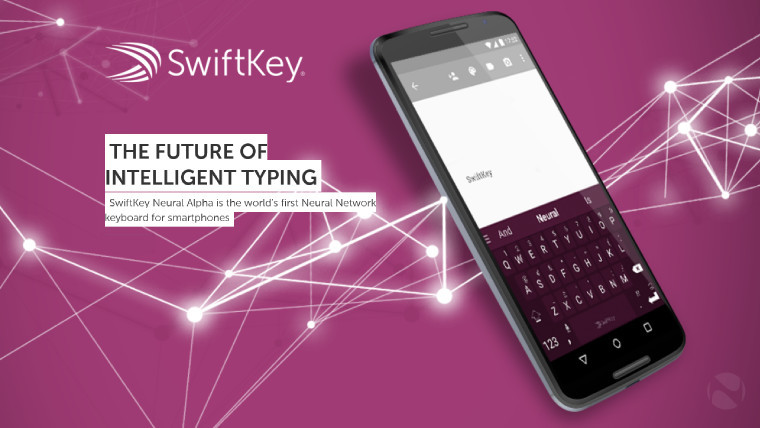
Just two weeks after Microsoft announced that it had purchased MinecraftEdu, a company specializing in using Minecraft as an educational tool, the Redmond-based company looks set to make another acquisition.
The Financial Times reports that Microsoft is in the process of finalizing a £250 million deal to acquire British software firm SwiftKey, the developers of predictive keyboards in use on over 300 million Android and iOS devices.
The keyboard uses artificial intelligence to assess a user's inputs to help it to continuously improve the quality of its next-word predictions. A more advanced 'experimental' version has already been released, using deep-learning techniques and 'neural networks' to improve its analysis further.
Read more: Microsoft is reportedly buying Android and iOS keyboard developer SwiftKey for $250m
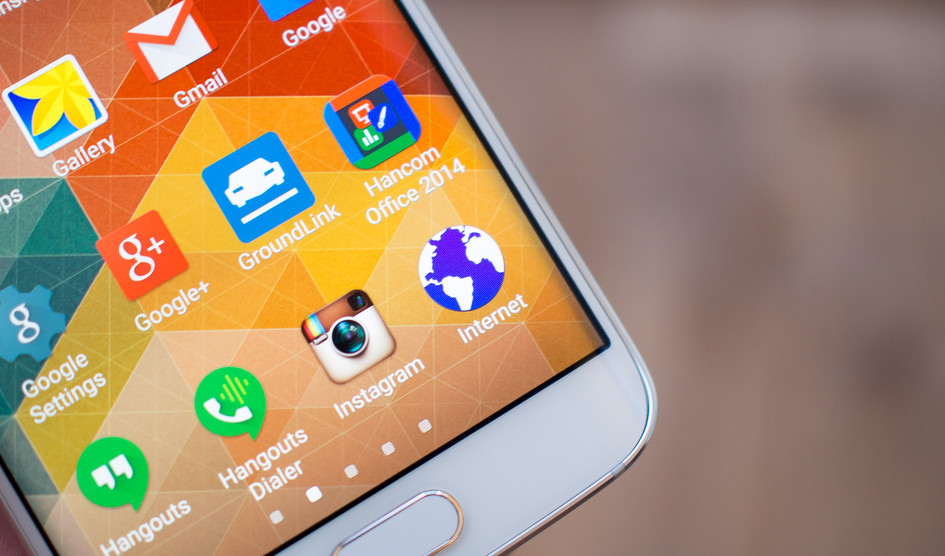
Samsung is today adding support for content and ad blocking plugins to the web browser preinstalled on its Android phones. The updated browser, which is being pushed to Samsung phones with Android Lollipop or newer starting today, will let users install helper apps that block ads from websites they visit, similar to how content and ad blocking works in Apple's Safari browser in iOS 9. An ad or content blocker could reduce loading times and mobile data usage, as web pages loaded without ads are much smaller than those with advertising enabled.
Read more: Samsung's Android browser gets ad blocking capabilities
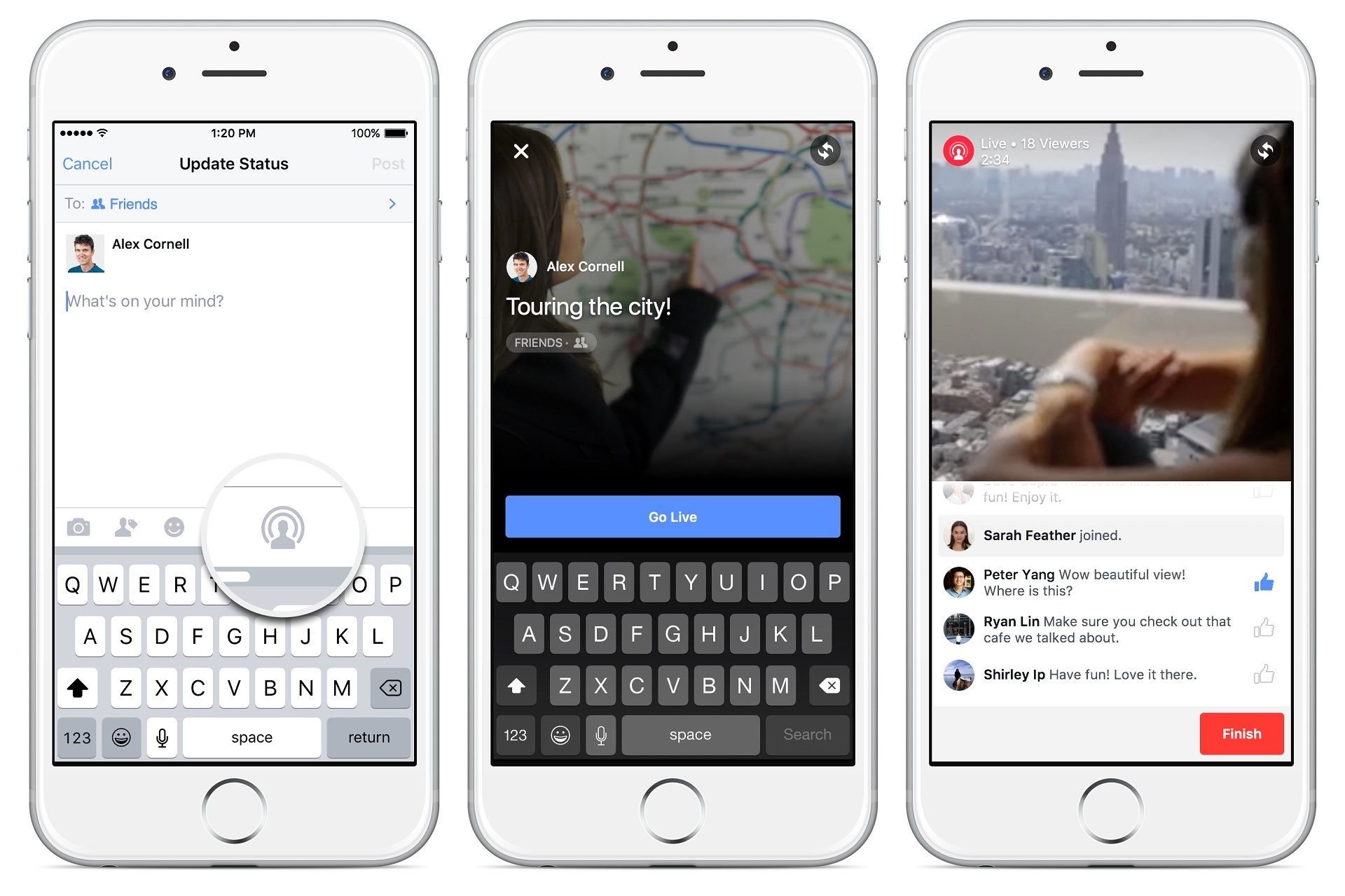
Testing for live video streaming on Facebook may have only started last month, but it is now available for all iPhone users in the U.S. Luckily, those in the other parts of the world won't have to wait long, as Facebook has committed to enabling the feature globally over the next several weeks. Android users will have to wait just a while longer, as Facebook hasn't offered an exact time frame but said that live video should arrive "soon".
Unlike its established competitor Periscope, live videos on Facebook are stored forever unless the streamer chooses to remove the video. In contrast, Periscope only allows video playback for 24 hours after the stream has finished, at which point it disappears.
Read more: Facebook enabling live streaming for iPhone users
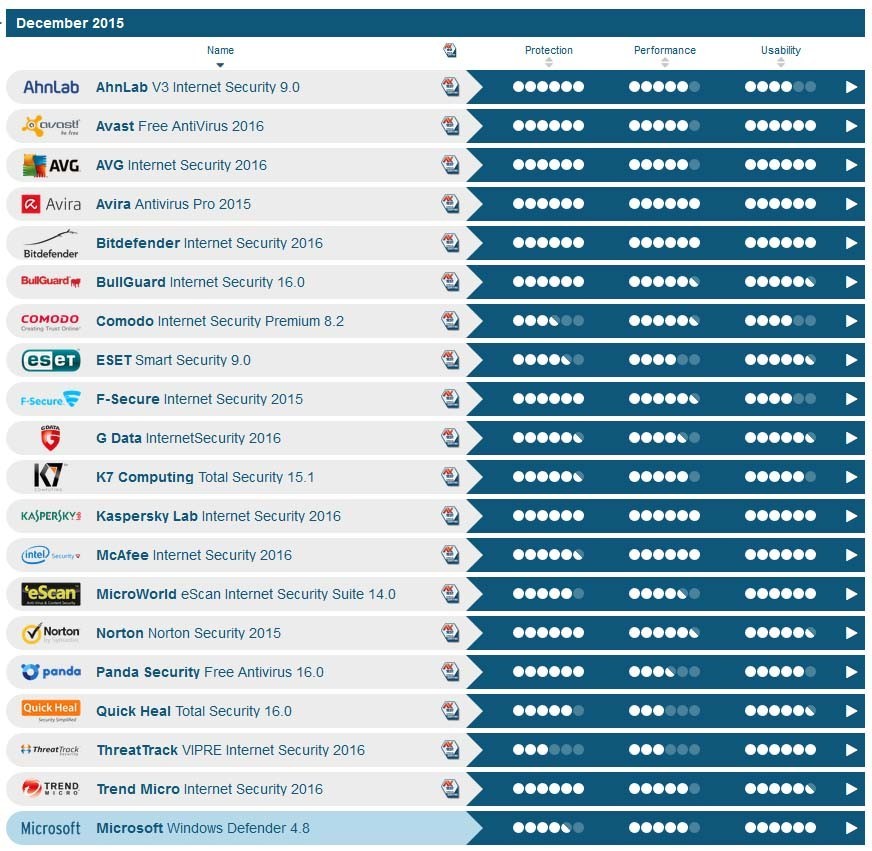
Microsoft has conceded in the past that its anti-malware offerings only provide baseline protection. For Windows 7 and Vista, there’s Microsoft Security Essentials, while Windows 8 and Windows 10 come with the nearly identical Windows Defender.
While more advanced users gravitatetowards third-party antivirus softwares to gain an edge, many consumers will tend to stick with Microsoft's default options. Now, AV-Test Institute has published its latest findings, perhaps lending a bit more confidence to the stock malware protection provided by Windows.
Each vendor's score is a sum of three metrics: Threat protection, Performance (system slowdown, speed) and Usability (ease of use, false positives). Each item can attain a rating of 0 to 6, totaling a maximum of 18 points. A minimum of 10 must be achieved to gain a certification rating.
Read more: Windows Defender improves, rises above nearly half the competition in new antivirus test
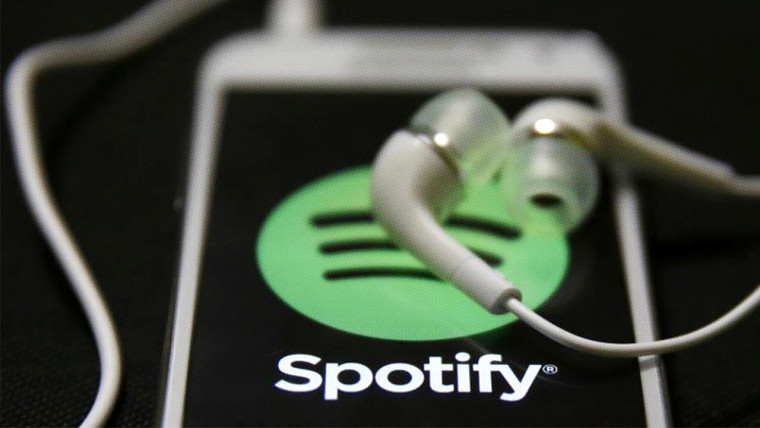
Spotify is planning to launch a video streaming service, starting with a paid model and moving to an advertisement-supported model instead, though, with the first publicly available video-streaming features to be rolled out this week.
Spotify has been experimenting with video for a little while now, offering a small percentage of users from a select handful of countries access to the service, but they'll be rolling it out to a wider audience over the next few days, with the Android app set to launch this week and the iOS app set to launch some time over the next thirty days.
Read more: Spotify Video to launch on Android and iOS starting this week
TIPS & TRICKS ICT WORLD
- Codeigniter4: Howto fetch data by ID (button click) from database using JQuery Ajax
- Howto stop vulnerable Open Memcached on a Zimbra Server.
- Proxy Server not running on Zimbra Mail Server.
- Howto remove .php, .html extensions on a web page using .htaccess file
- How to Increase the Max Upload Size Limit
- Howto Create a Distribution List or Mailing List in Zimbra mail server
- Howto configure redirection/forward of specific user emails to another email address in Cpanel
- Restore WhatsApp Backup in Android and iPhone
- Howto backup your WhatsApp messages to your Google Drive.
- RESOLVED in JOOMLA3.9: “Error: Application Instantiation Error: Call to undefined method JApplicationHelper::getHash()”
- Howto configure Microsoft Outlook 2016
- How to embed a tweet in to any website (WordPress, Joomla and Drupal)
